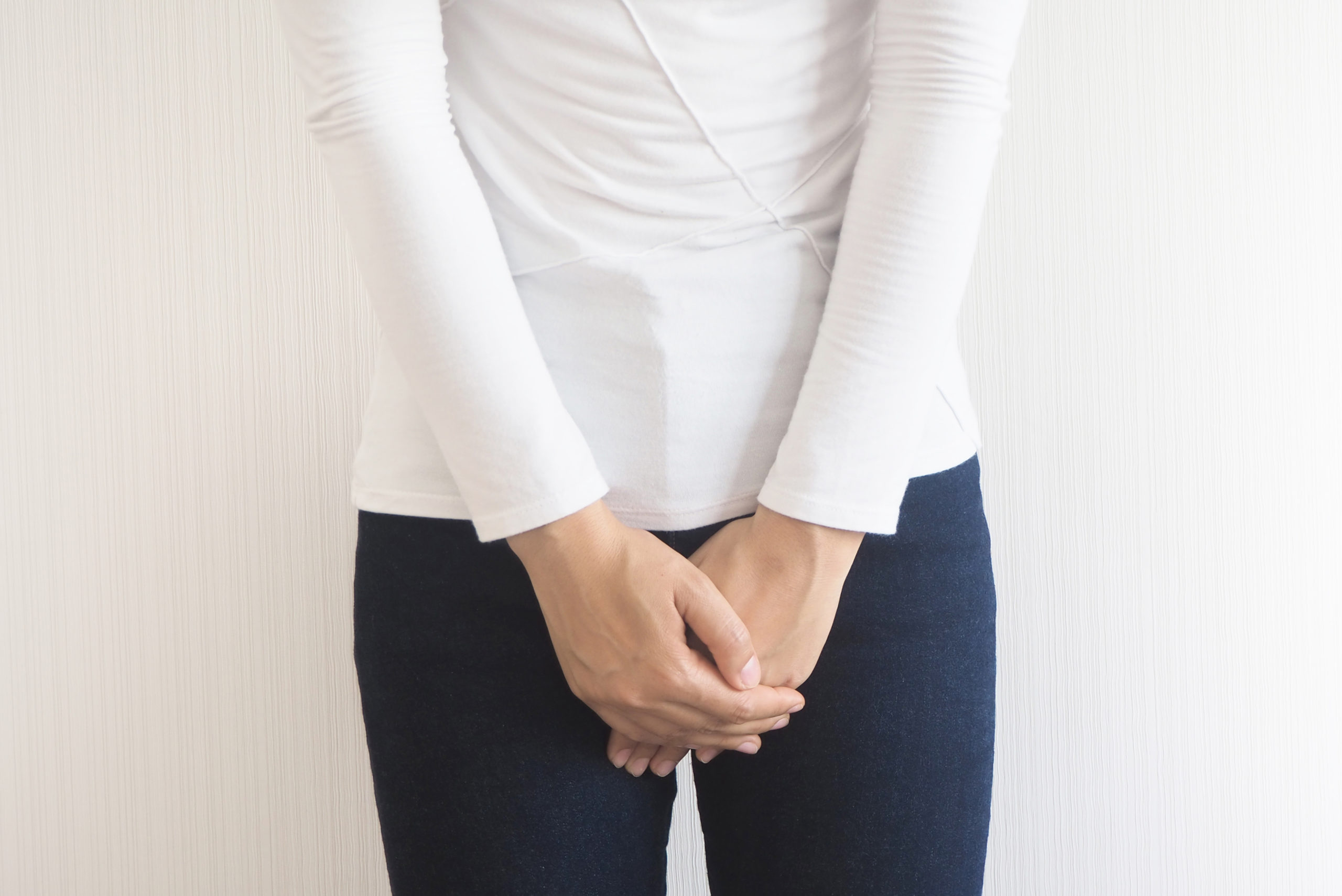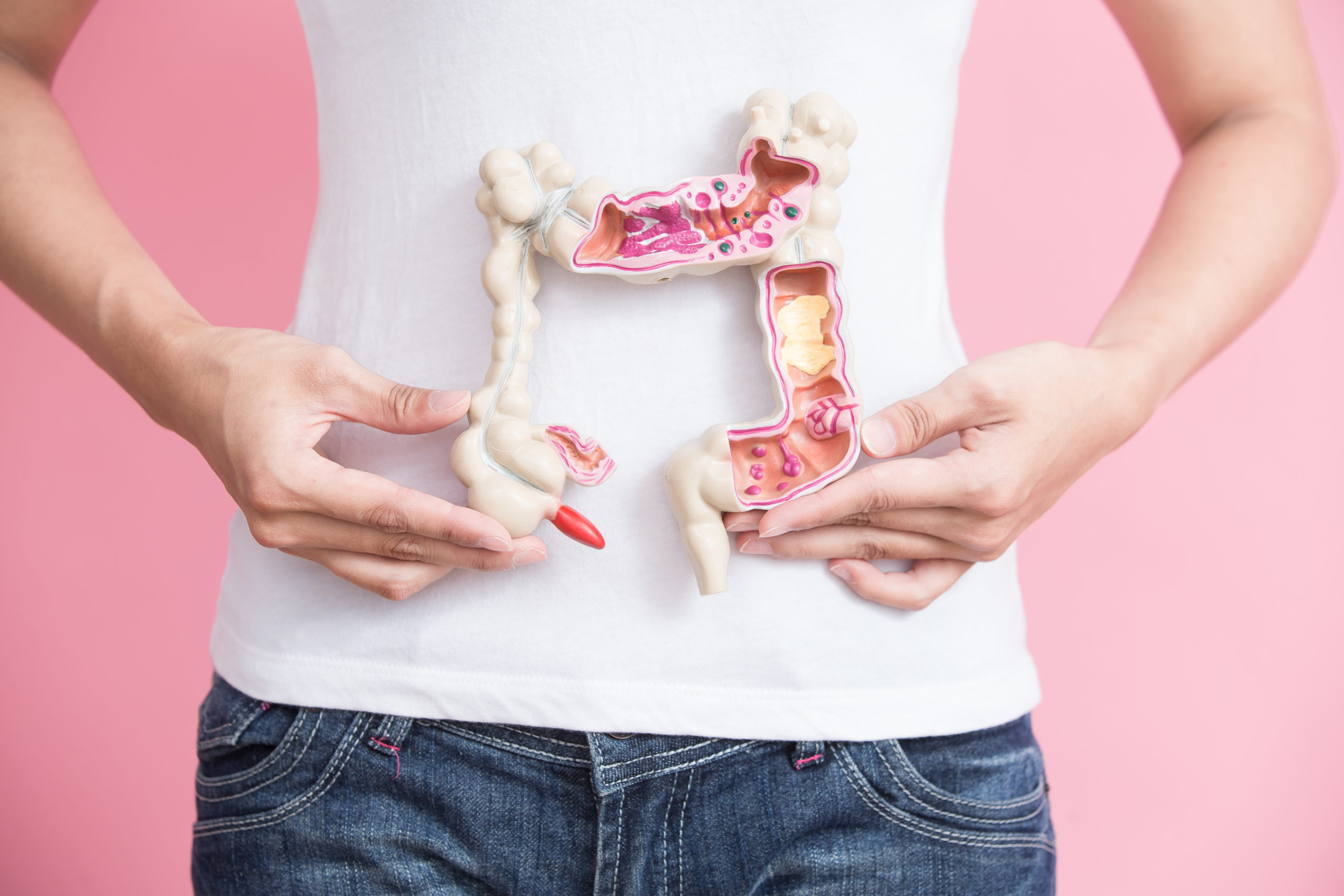
6 Tips to Promote a Healthy Bladder
Do you pay attention to your bladder health? Most people probably don’t give much thought about this organ. The bladder is a hollow, muscular organ that’s located in the pelvis, between the pelvic bones, and is a key component of the urinary tract. Like a balloon, the bladder expands as it fills with liquid. Emptying your bladder efficiently helps keep your kidneys functioning in a normal, healthy way. Normal kidney function in turn helps prevent the buildup of waste and additional fluid in the body. Plus, healthy kidneys help keep your body’s levels of electrolytes, such as potassium and phosphate, stable. They also produce hormones that help regulate blood pressure.
To learn more about how the urinary system functions, read The Urinary Tract & How It Works.
6 Tips for a Healthy Bladder
Here are 6 recommended strategies to help promote a healthy bladder.
1. Go when you need to.
Most of us have had the uncomfortable experience of putting off the urge to urinate. Maybe it was while you were watching a long movie, or when you were stuck in a work-related meeting that seemed to last forever. When it comes to urinating, don’t hold it. Holding it when you feel the urge to urinate can lead to episodes of urinary urge-related incontinence.
2. Stay healthy overall.
The healthier you are overall, the lower your risk is of developing issues such as diabetes, heart failure, stroke, and obesity. Each of these conditions has the potential to adversely affect your bladder function.
For instance, someone with diabetes may need to urinate more frequently, and as a result, your kidneys will filter additional amounts of urine, which can irritate the bladder. A stroke can cause damage to the nerves associated with the bladder, which can lead to increased urinary frequency or not being able to urinate at all (retention). Bladder symptoms may improve when these medical problems are adequately addressed.
Think “healthy me equals healthy bladder”.
3. Don’t smoke.
The number one cause of bladder cancer is smoking. Treatment for bladder cancer may include surgery to remove tumors, chemotherapy and even removing the entire bladder organ. The best method for reducing your risk of bladder cancer is to not smoke. If you do smoke, consider quitting. Smoking also irritates the bladder lining, which may result in bladder symptoms such as frequent urination, urgency, and incontinence.
4. Avoid certain beverages/foods that irritate the bladder.
Many people find that their bladder symptoms worsen with drinks such as coffee, carbonated soda, tea, and alcoholic beverages. Some acidic fruits, e.g., oranges, grapefruit, lemons, limes, and fruit juices, can also irritate your bladder. Avoiding these types of beverages and foods may result in significant improvement in bladder symptoms.
5. Lose weight.
More than two-thirds of the U.S. adult population is overweight or obese, according to the NIDDK. Extra weight, especially around the midsection, can put more pressure on the bladder and can create or worsen bladder symptoms. Losing weight can improve those symptoms significantly.
6. Do pelvic floor exercises.
Almost 25 percent of women face pelvic floor disorders, according to research funded by the National Institutes of Health. The number of women who have the condition increases with age. Women with pelvic floor disorders can experience incontinence related to activities like coughing, sneezing, or jumping.
Doing pelvic floor exercises is a great option for those who are experiencing these conditions. The pelvic floor muscles play a significant role in bladder function. When these muscles are too tight (or spastic) or too weak, you may experience urinary urgency, leakage (incontinence), or pelvic organ prolapse. Doing kegel exercises correctly to strengthen the pelvic muscles can benefit many people. The key is learning the proper technique, which can be done with a trained pelvic floor physical therapist.
To learn more, read 6 Myths About Pelvic Organ Prolapse.
Get Help
If you suffer from bladder symptoms and would like to know what your treatment options are, contact us today and schedule a consultation.
More Healthy Bladder Tips
To learn more healthy bladder tips and bladder info, check out our other blog posts.
Connect With Us
Follow us on Facebook and Instagram @PeterMLotzeMD for health and wellness tips and more!



